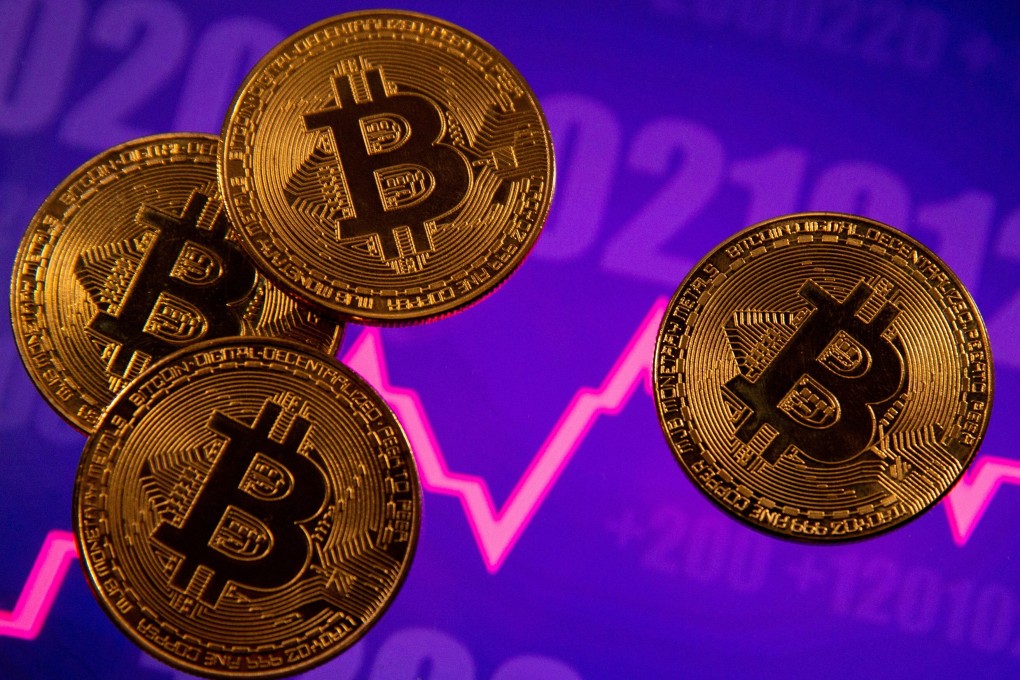In gold-crazy India, millennials are turning to cryptocurrency amid Covid-19
- Digital currencies such as bitcoin are becoming red-hot investments amid economic uncertainty during the pandemic
- This comes as the government is softening its tone after years of hostility against the sector, but many financial organisations are still not on board

Likewise, Shanky Singla, a 33-year-old businessman in Punjab, resumed investing his savings in cryptocurrency this year after a long gap.
“The value of money decreases with each passing day,” said Singla, who had been mulling between bitcoin and gold before he made his decision. “And the growth with which bitcoin has increased is exponential.”
According to the US blockchain data analytics firm Chainalysis, Indian investments into cryptocurrency rose from US$923 million in April 2020 to US$6.6 billion in May 2021 – a massive 615 per cent jump.
The crypto rush is leading young investors like Singla to veer away from traditional investment destinations like real estate or gold. The lengthy closure of jewellery stores during lockdowns likely also encouraged people in gold-crazy India to study alternative options.
Amid restricted people’s mobility and crippled logistics, the gold demand plunged into record levels in 2020 due to high prices, postponed weddings, and cancelled festive buying.